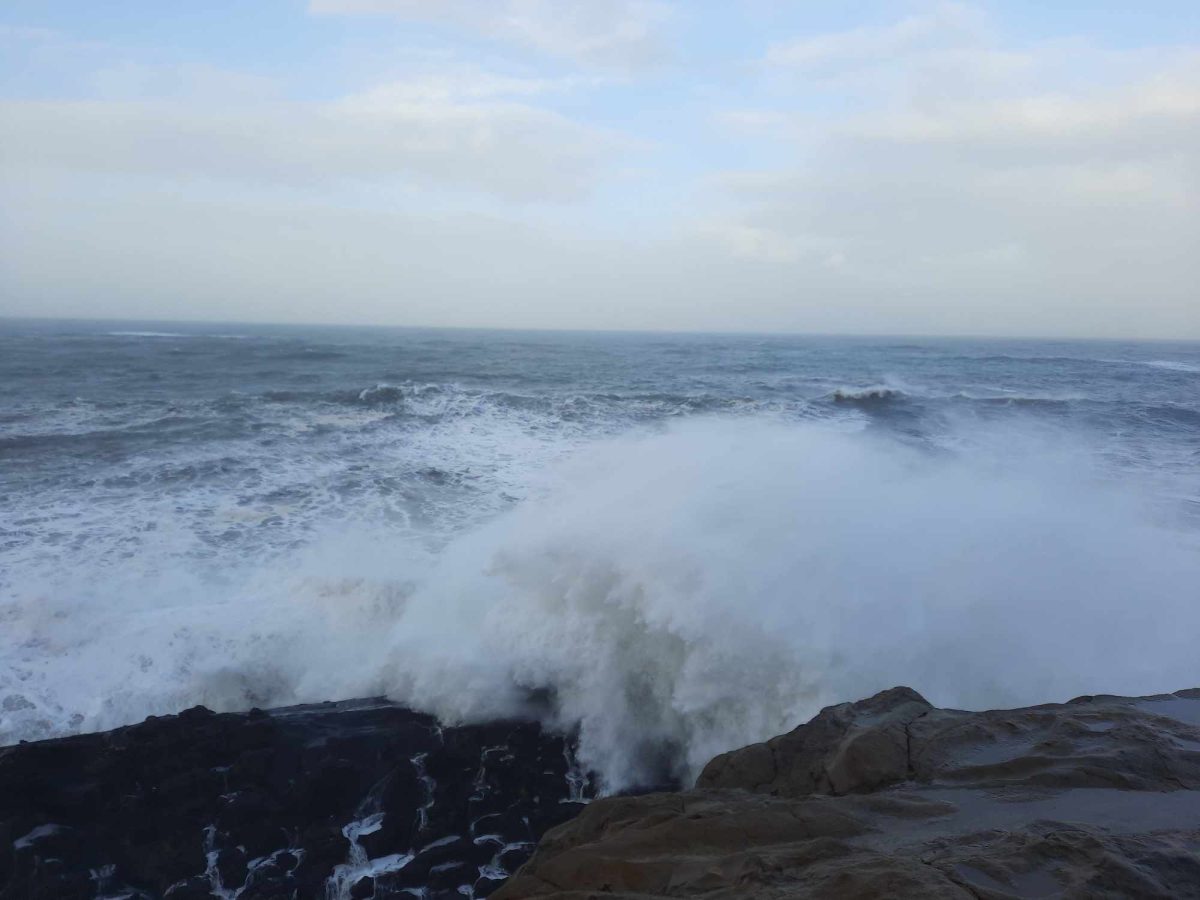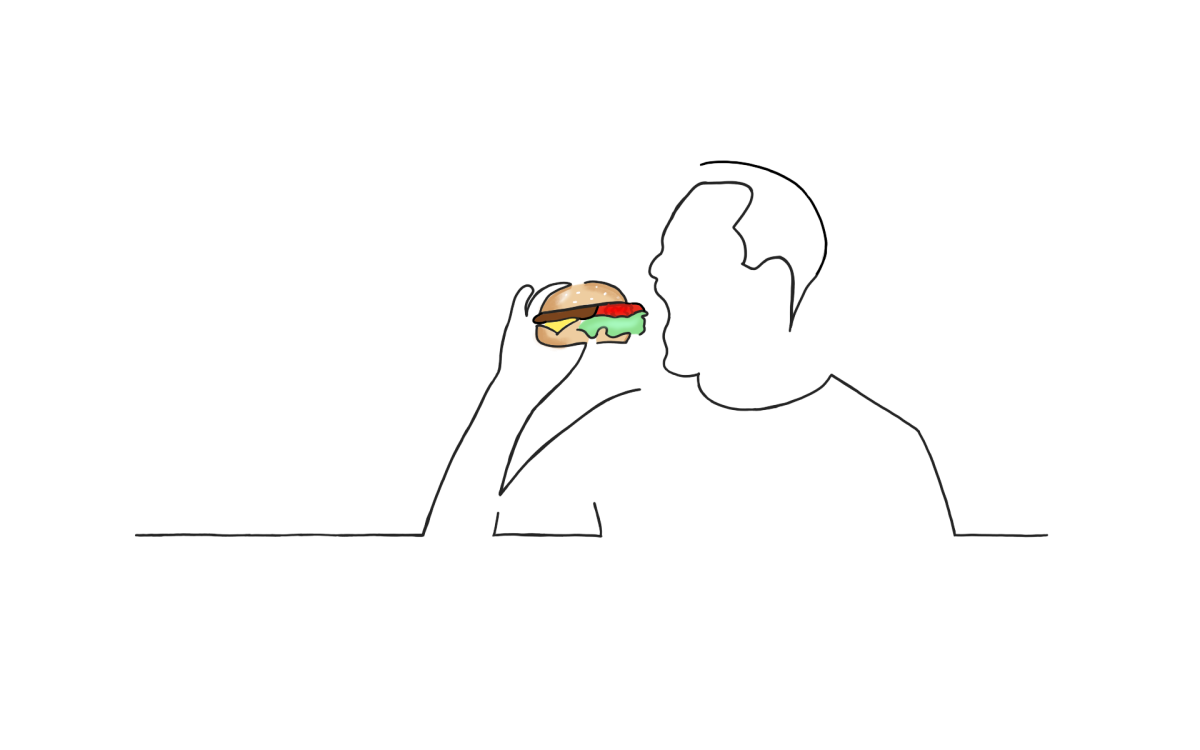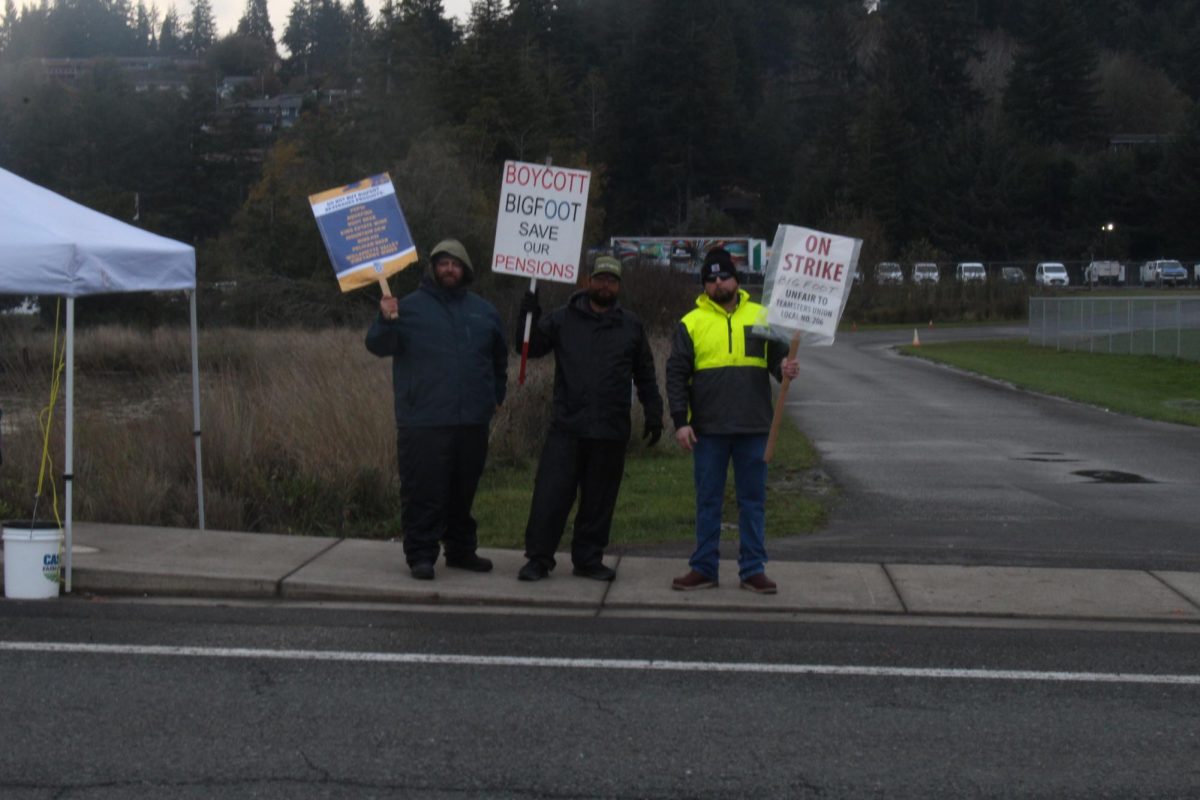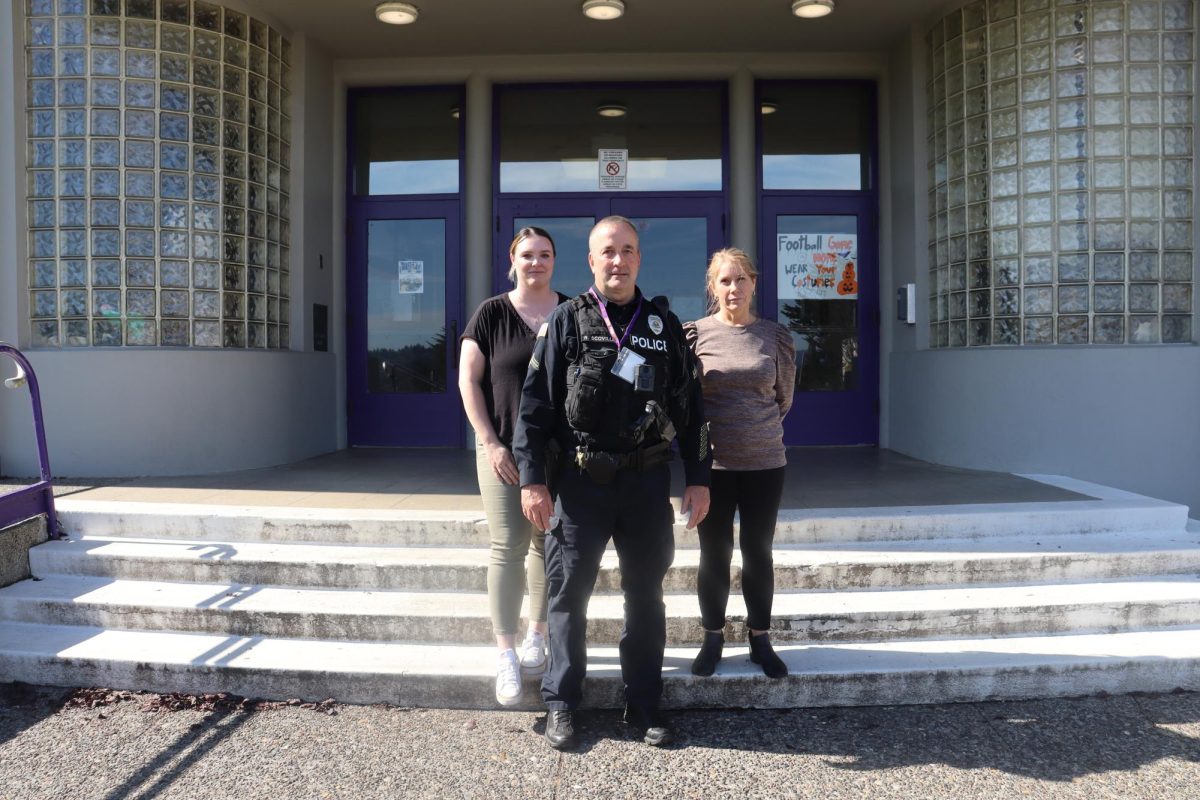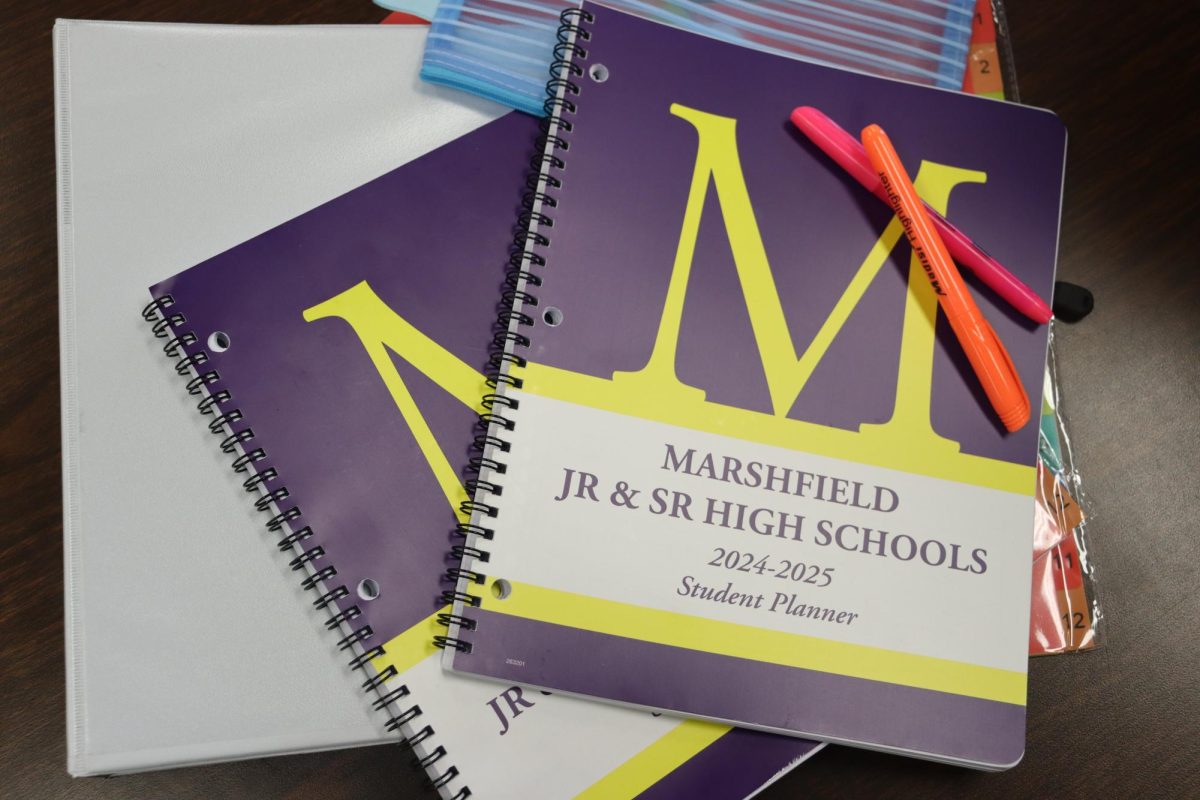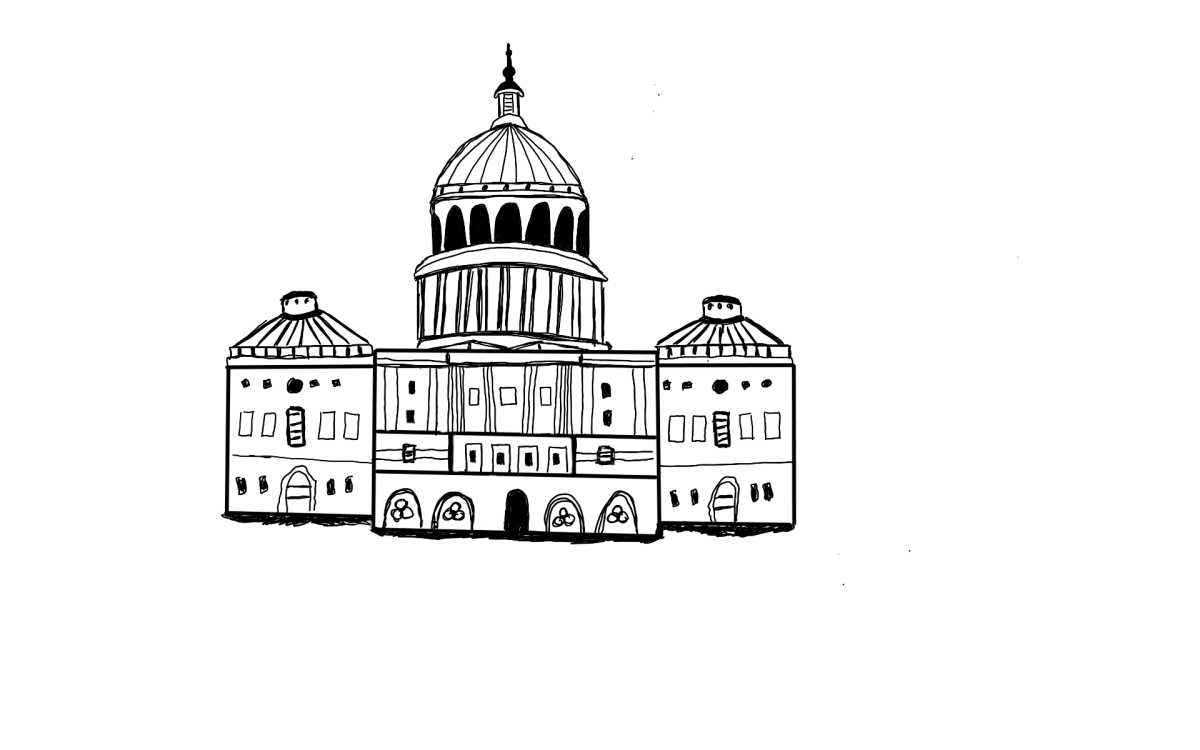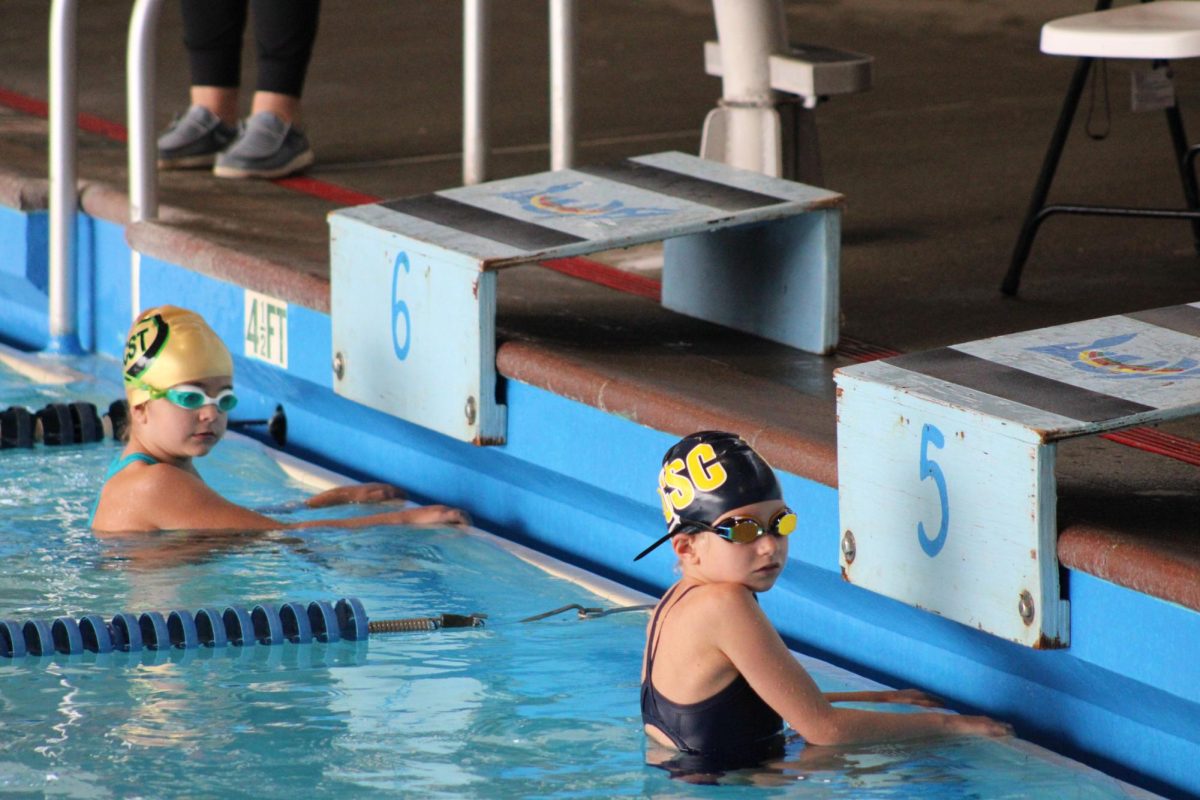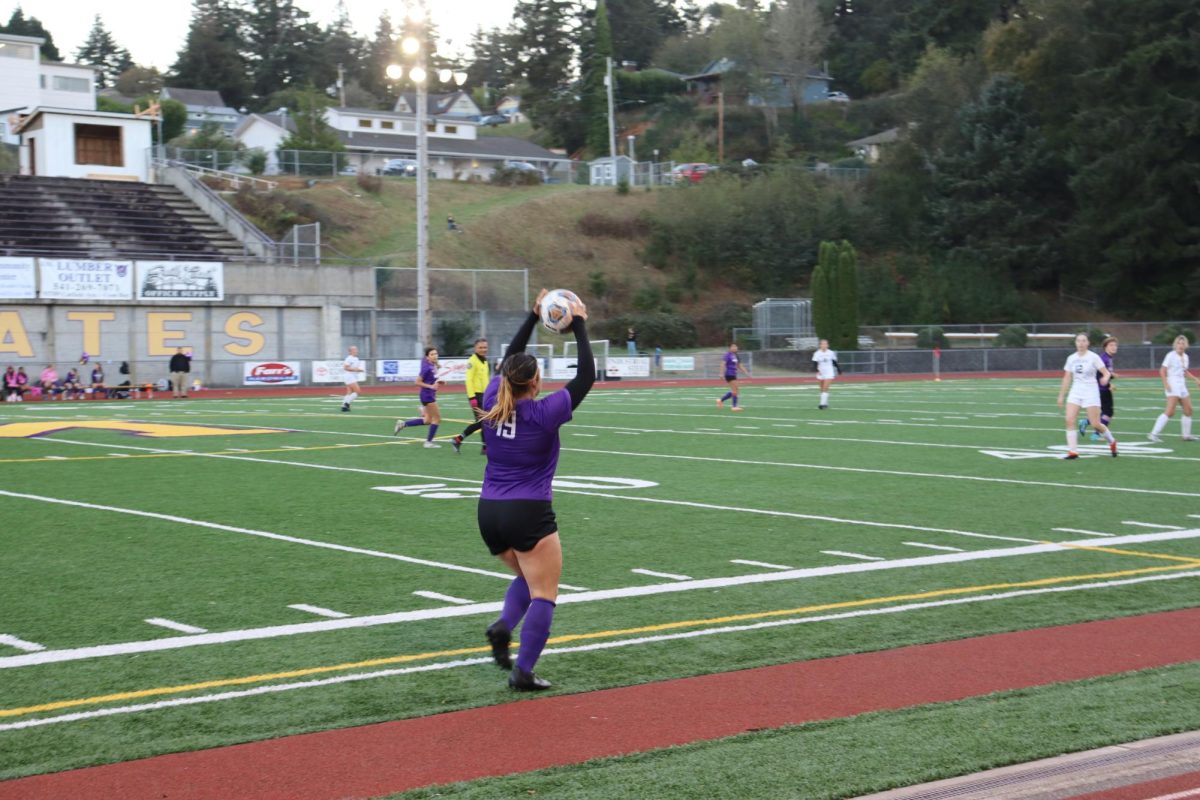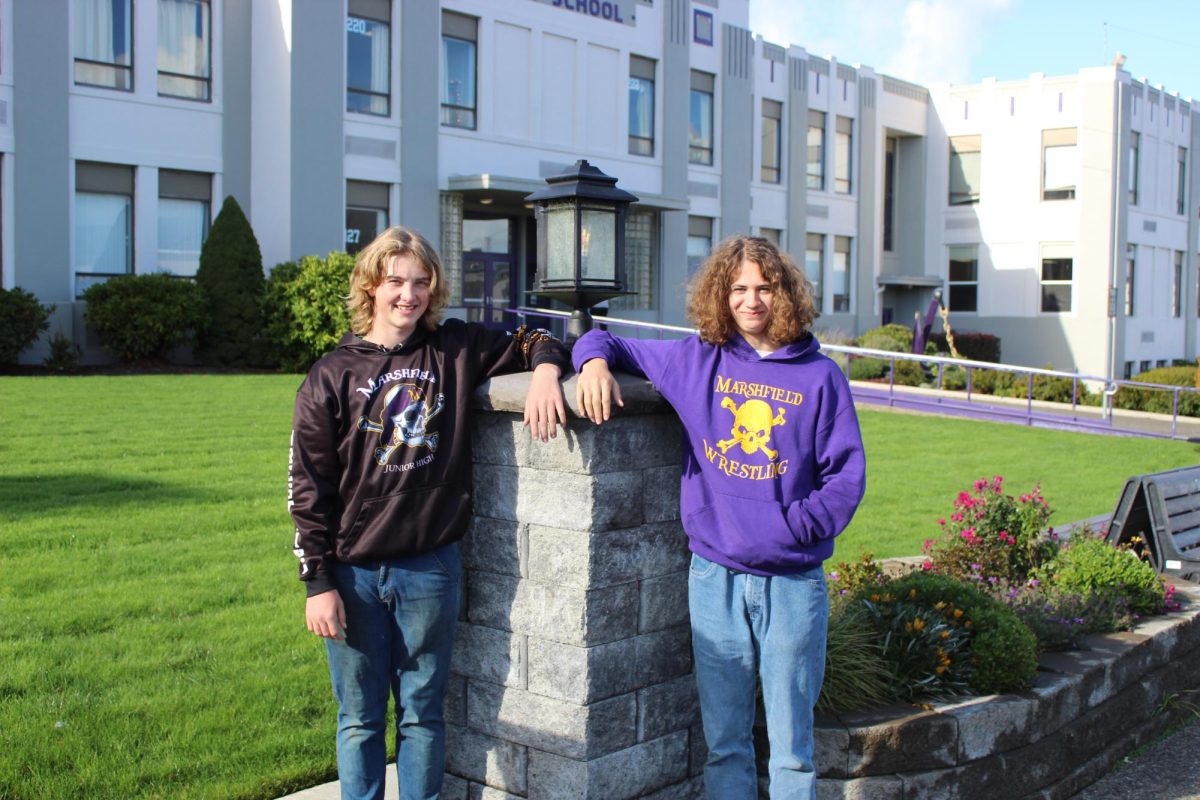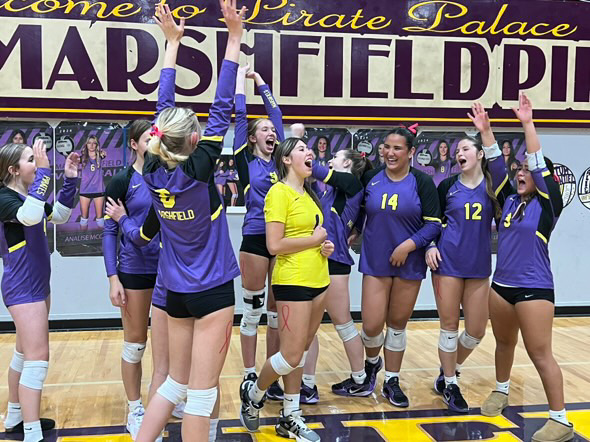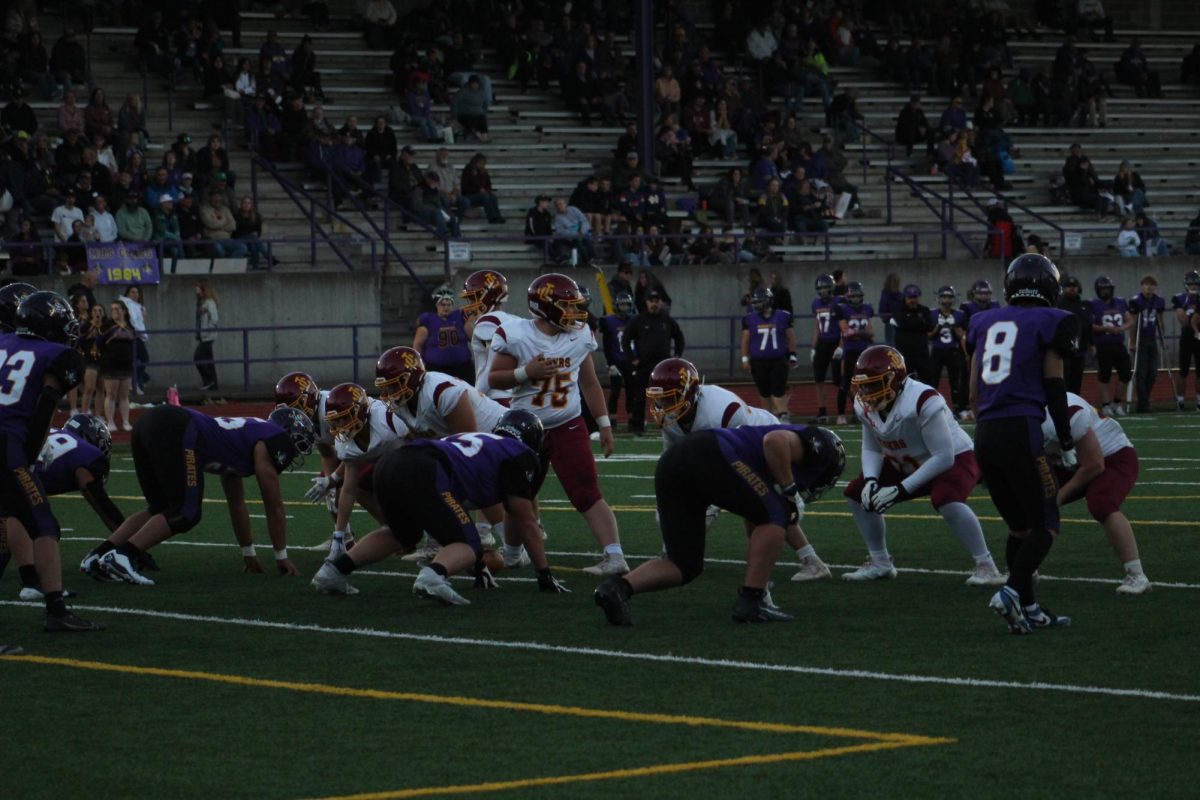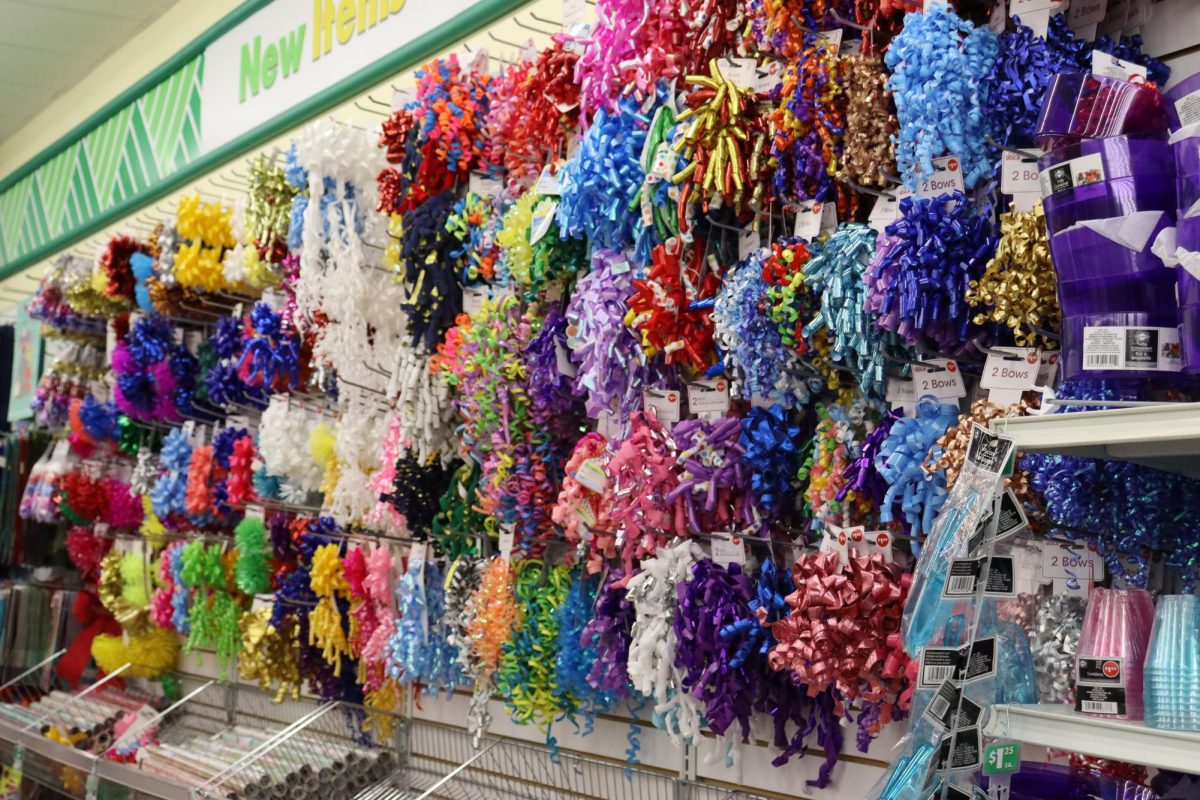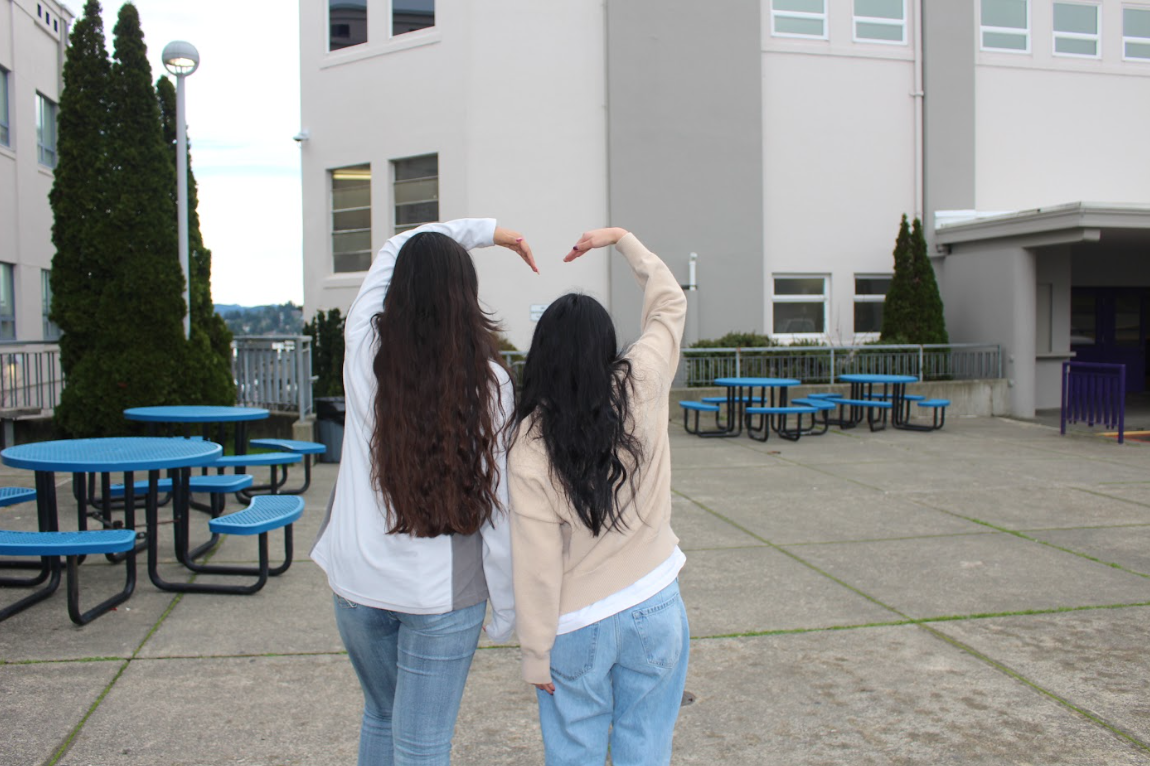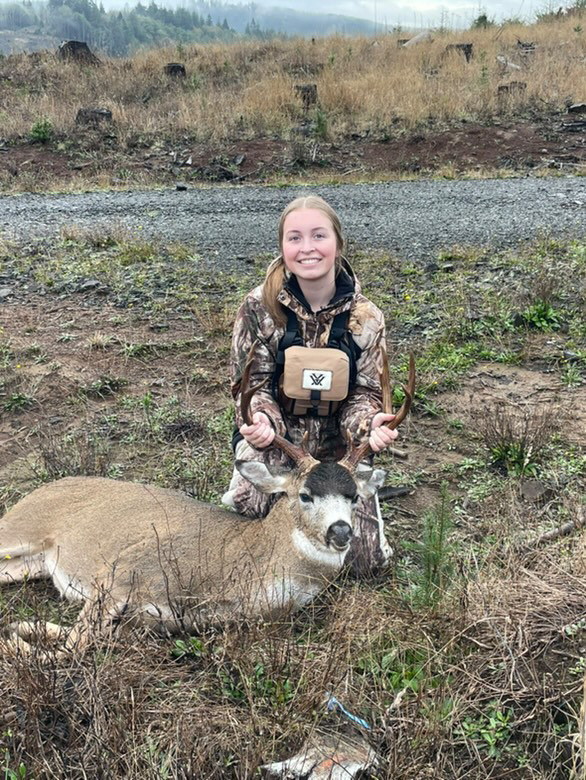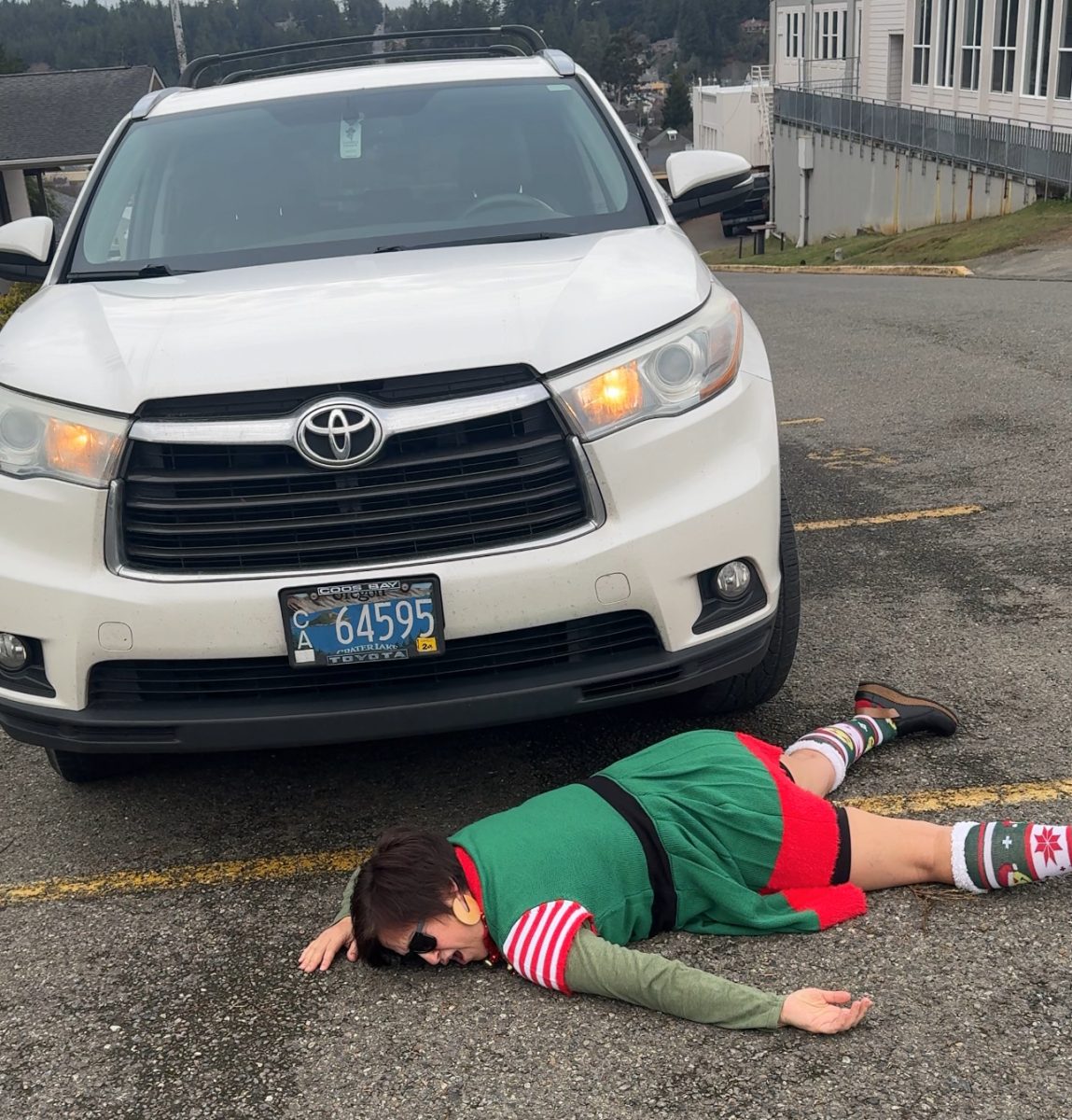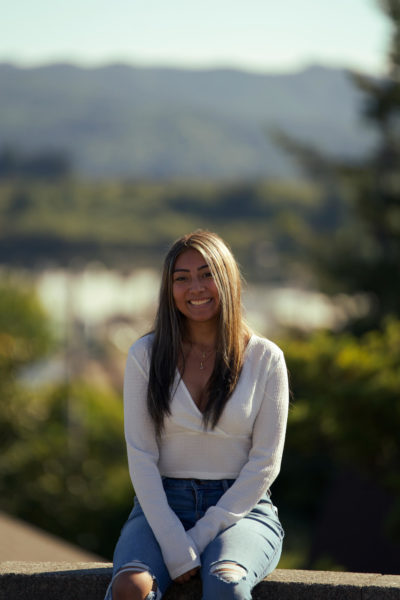The concept of family vlog channels has been an ongoing trend since 2008. Family vloggers are prominent in social media because a lot of people find it entertaining to watch them, giving them more views which gets others to start doing it in order to gain fame. Shay Butler from the YouTube channel “Shaytards” was one of the first people to start vlogging in the style of daily home videos. Since then many more popular families have emerged. A few notable ones include the Ace Family, the LaBrant Family, and the Franke family, known as 8 Passengers.
What has been the main attraction to their audiences is the way one or both of the parents are very transparent with their child’s daily activities. Multiple of these families listed have raised backlash for exposing their children to the spotlight at an early age.
This has raised concerns, because much of the public believe that the kids might not have a say in what is being publicly shared. It can be stressful to keep a picture-perfect life for the camera all the time. A big privacy worry would be when a parent shares personal moments that could give away the child’s personal information. This can attract unwanted attention and might end up impacting future privacy and sense of security for their children.
Another huge concern of recording daily routines is the risks to mental health. Kids who grow up on camera might feel stress from public scrutiny or have a skewed sense of privacy. It can affect their self-esteem and identity development if they are always trying to live up to an unrealistic online persona.
Apart from the privacy concerns, another potential drawback of family vlog channels is the pressure to constantly create content and maintain a picture-perfect image. It can be exhausting to always be “on” and feel like every moment needs to be documented for the channel. It can also take away from genuine family experiences if everything is focused on creating content for the channel.
“I believe that it is not okay to expose them to a life of influence at such a young age because their whole life would be about being on camera just so the parents could get more money or views when the kids should just be doing normal kid activities that they love to do,” said junior Aria Johnson.
Children who have been on camera since their childhood are known to have issues later down the road in their lives. They run into several conflicts they had no idea would come with that line of work. Being in the spotlight from a young age can definitely have long-term effects. It can lead to pressure to keep up an image, and some kids might not develop a sense of self outside of their online persona.
Going further into the subject of children’s rights gets challenging when it comes down to consent. Children cannot actually consent to being on camera, and although legally parents can consent on behalf of their child, there is a question on the morality of capitalising on children when they’re not legally able to consent themselves–and they are not the ones receiving the money from the channel.
“It shouldn’t just be something they feel they have to do because they’ve always done it,” said MHS social studies teacher Amanda Johnson. “The safety aspect is super concerning. Putting kids’ lives online can attract the wrong kind of attention, so it’s crucial for parents to be mindful of what they share. It’s all about finding that balance between sharing and oversharing to protect their kids.”
Some of the children are not even old enough to know what consent stands for.
“Children’s rights to consent are so important,” said Amanda Johnson. “They should have a say in their online presence, and it’s pivotal that they understand what they’re agreeing to. It shouldn’t just be something they feel they have to do because they’ve always done it.”
While some students enjoy watching vlogs like this, others see the abuse of power on behalf of the parents.
“Family vlogging is the exploitation of children and if restrictions aren’t put on social media platforms for that kind of stuff,’ said MHS senior London Lindsey. “It’s definitely going to be a bigger problem in the future. Those children are going to be growing up and they are going to want to get back at their parents by exposing them to the public by telling their story. But on the bright side this could lead to family vlogging being restricted.”

